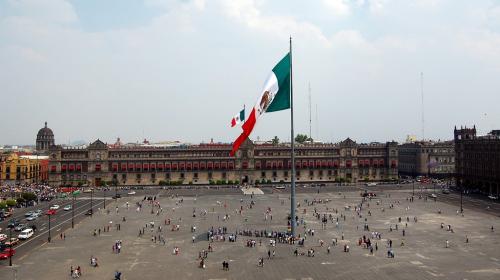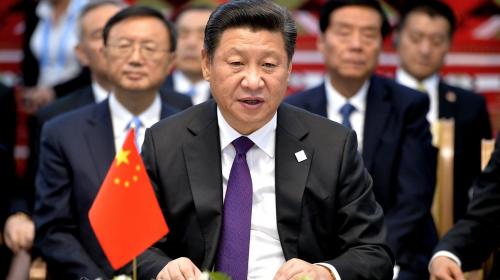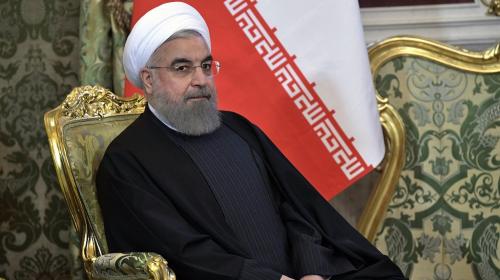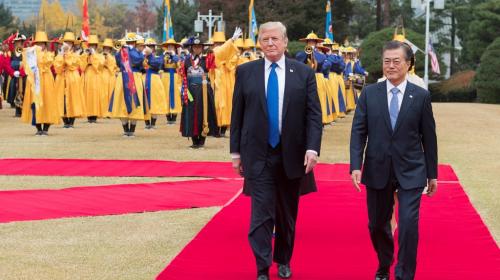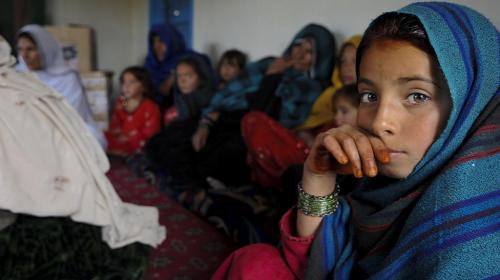Angelenos know that the vitality of our economy is predicated on our relationship with the rest of the world. One of our most important global partners is our neighbor and longtime collaborator, Mexico, writes Stephen Cheung.
This week, China removes presidential term limits; Syrian humanitarian truce doesn’t stop civilian casualties; U.S. intelligence officials announce that seven U.S. states had their election systems hacked by Russia in 2016; and more.
Until the United States has a genuine set of clear policy expectations for Iran as well as for the rest of the Middle East, it will continue to flail as it has for the past year, writes Jerry Green.
Thank you for submitting your payment!
The United States should thoroughly investigate any signs that Beijing may be attempting to ease up on its enforcement of sanctions against North Korea, writes Derek Grossman.
This week, the EU issues new sanctions on Myanmar generals; Russian mercenaries are dying in Syria; Pakistan remains off the list of terror financiers for now; and more.
If Saudi Arabia’s transformation is to be executed successfully, policy makers, businesses, and foreign investors will have to navigate indicators, signals, and challenges to reach milestones along the way, writes Alexander Damianou.
This week, Jacob Zuma resigns as president of South Africa; the civil war in Syria escalates; the U.S. intelligence community braces for Russian hacking in the 2018 midterms; and more.
Global, diverse boards are the future for any company or organization that wants to maintain a competitive advantage, writes Susan Shultz.
Fewer than half of Afghan women believe that peace with the Taliban is possible, according to a new Asia Foundation survey, writes Mohammad Shoaib Haidary.


